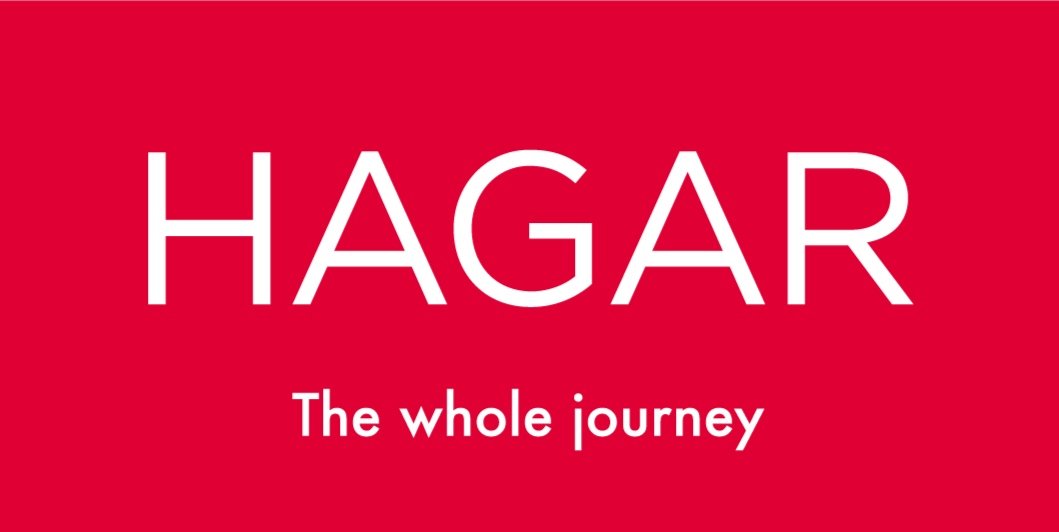Where we work.
Hagar Australia works as part of a global Hagar network of dedicated staff and volunteers, all working towards our shared vision of communities free and healed from the trauma of human trafficking, slavery, and abuse.
Hagar Australia partners with offices in Cambodia, Afghanistan, Vietnam, and Thailand to fund, design, delivery and evaluate projects. Here in Australia, we raise funds to support those projects and advocate for the Australian community to play a leadership role in combatting human trafficking, slavery and abuse.
-

Afghanistan
Afghanistan is home to the world’s largest humanitarian crisis, with two-thirds of the population (28 million people) estimated to need aid in 2023. Decades of conflict, poverty and displacement have forced families to flee their homes, and many have migrated to neighbouring countries in search of work. Those who remained have lost their livelihoods and struggle to provide food and basic medical care for their families. Afghanistan is the most repressive country in the world for women and most structures and mechanisms for supporting vulnerable women and children have been destroyed. The basic rights of women and children are being violated, and they are prohibited from working in many sectors, or attending secondary school and university. Poverty is the main driver of human trafficking in Afghanistan and women and children are at high risk of exploitation.
-

Cambodia
Emerging from the ravages of conflict and recent genocide, Cambodia is a country with rich cultural heritage and at the same time, deep inter-generational trauma. Traffickers lure victims with false promises of work and prosperity, only to trap them in a cruel web of forced labor, scams, and abuse. The prevalence of criminal operations in casinos, dormitories, and remote offices across the country underscores the complexity of the problem. Traffickers with powerful connections often escape justice, and authorities' lack of accountability hinders progress. However, growing international pressure and local advocacy have forced the Cambodian government to acknowledge the crisis and vow to dismantle trafficking rings. While challenges persist, the fight against modern slavery gains momentum as awareness increases, and efforts to protect vulnerable communities and prosecute traffickers intensify.
-

Vietnam
Vietnam, one of South East Asia's rapidly developing countries, continues to be a significant source of sex trafficking and forced labor. Approximately 396,000 people are estimated to be living in modern slavery within the country. Despite its economic growth, Vietnam grapples with root causes of human trafficking, including poverty, limited education, and scarce job opportunities. These challenges persist even amidst the country's impressive economic progress over the past few decades.
-

Thailand
Thailand, a key hub in Southeast Asia, faces significant challenges as a source, transit, and destination country for human trafficking. Despite its economic growth, approximately 610,000 people are living in modern slavery, driven by factors such as poverty, limited education, and lack of job opportunities. Human trafficking, particularly sex trafficking and forced labor, thrives due to the complexity of global supply chains and economic disruptions like the COVID-19 pandemic, which have heightened vulnerability among the population. Addressing these root causes is essential for combating trafficking in Thailand.
